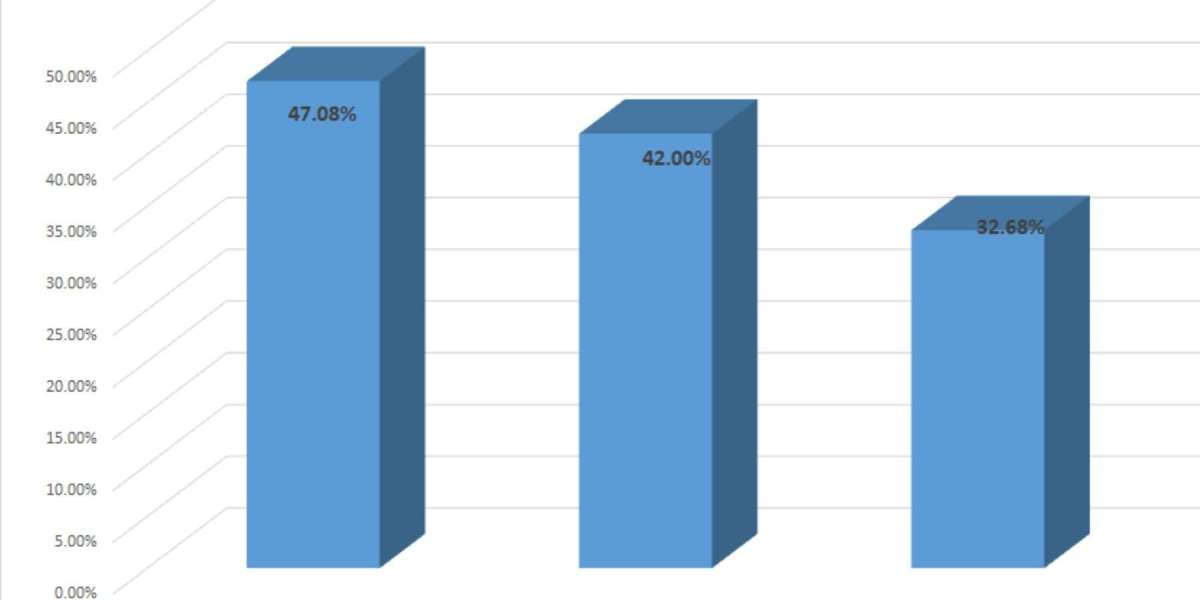What Is the IVF Success Rate?
IVF success rate refers to the percentage of IVF cycles that result in a live birth. These rates can vary significantly depending on several factors, including:
Age of the woman
Quality of the embryos
Cause of infertility
IVF clinic experience and lab technology
Lifestyle and health conditions
Globally, the average IVF success rate per cycle is:
| Age Group | Live Birth Rate per Cycle |
|---|---|
| Under 35 | 40% to 55% |
| 35–37 | 30% to 40% |
| 38–40 | 20% to 30% |
| 41–42 | 10% to 15% |
| 43+ | Less than 5% |
These numbers may vary by country and clinic, especially in developing regions where success depends heavily on lab quality and patient care protocols.
IVF Success Rate by Embryo Transfer Type
There are two common embryo transfer options in IVF: Fresh and Frozen Embryo Transfer (FET).
Fresh embryo transfers are done within the same cycle as egg retrieval.
Frozen embryo transfers (FETs) involve freezing the embryos and transferring them in a later, more hormonally balanced cycle.
Recent studies suggest that FETs often result in slightly higher success rates due to better uterine conditions and embryo selection.
| Transfer Type | Approx. Success Rate |
|---|---|
| Fresh | 35%–45% |
| Frozen (FET) | 40%–55% |
Factors That Influence IVF Success
Success isn’t solely dependent on the procedure. Here are the most crucial factors:
1. Age of the Female Partner
Age remains the #1 predictor of IVF success. Women under 35 have significantly higher chances due to better egg quality.
2. Sperm and Egg Quality
Poor egg or sperm morphology or low count can reduce the chances of fertilization and implantation.
3. Embryo Quality
Embryos graded as high quality (based on cell division and appearance) have higher implantation success.
4. Reproductive Health
Conditions like fibroids, endometriosis, or polycystic ovary syndrome (PCOS) may interfere with implantation or pregnancy progression.
5. Previous IVF Attempts
Patients with prior failed IVF cycles may require adjusted treatment plans or advanced techniques like ICSI or PGT.
6. Clinic Experience
The success rate also depends on the clinic’s lab standards, embryologist skill, and customized protocols.
Success Rates with Donor Eggs and ICSI
Couples facing poor egg quality or advanced maternal age might consider donor eggs, which offer higher success rates – sometimes up to 60–70% per cycle.
Similarly, Intracytoplasmic Sperm Injection (ICSI), where a single sperm is injected directly into the egg, is used in male infertility and can significantly improve fertilization rates.
IVF Success Rate in Pakistan (2025)
At advanced fertility centers like Australian Concept Infertility Medical Center (ACIMC), IVF success rates in Pakistan are improving steadily thanks to:
Modern labs equipped with time-lapse incubators
Skilled embryologists and fertility consultants
Tailored treatment protocols
Use of advanced methods like Laser Assisted Hatching, PGD/PGS, and ERA testing
At Australian Concept, IVF success rates for women under 35 often range from 45% to 55% per cycle, aligning with global benchmarks.
Tips to Improve IVF Success
To boost your IVF success chances in 2025, consider the following:
Optimize Your Health – Quit smoking, reduce caffeine/alcohol, maintain a healthy BMI, and take prenatal vitamins.
Follow Your Medication Protocol – Timely medications play a major role in hormonal balance and embryo development.
Reduce Stress – Practices like yoga, acupuncture, or counseling may help reduce emotional and physical stress.
Seek Early Fertility Evaluation – Delaying treatment could negatively affect outcomes, especially for women over 35.
Choose the Right Clinic – Research IVF success rates, lab standards, and patient feedback before choosing your provider.
Final Thoughts
IVF success rates continue to improve, especially with advancements in embryology, personalized medicine, and lab techniques. Still, success is not guaranteed, and each case is unique. By understanding the variables that affect outcomes, couples can make informed decisions and choose treatment paths that increase their odds of becoming parents.





